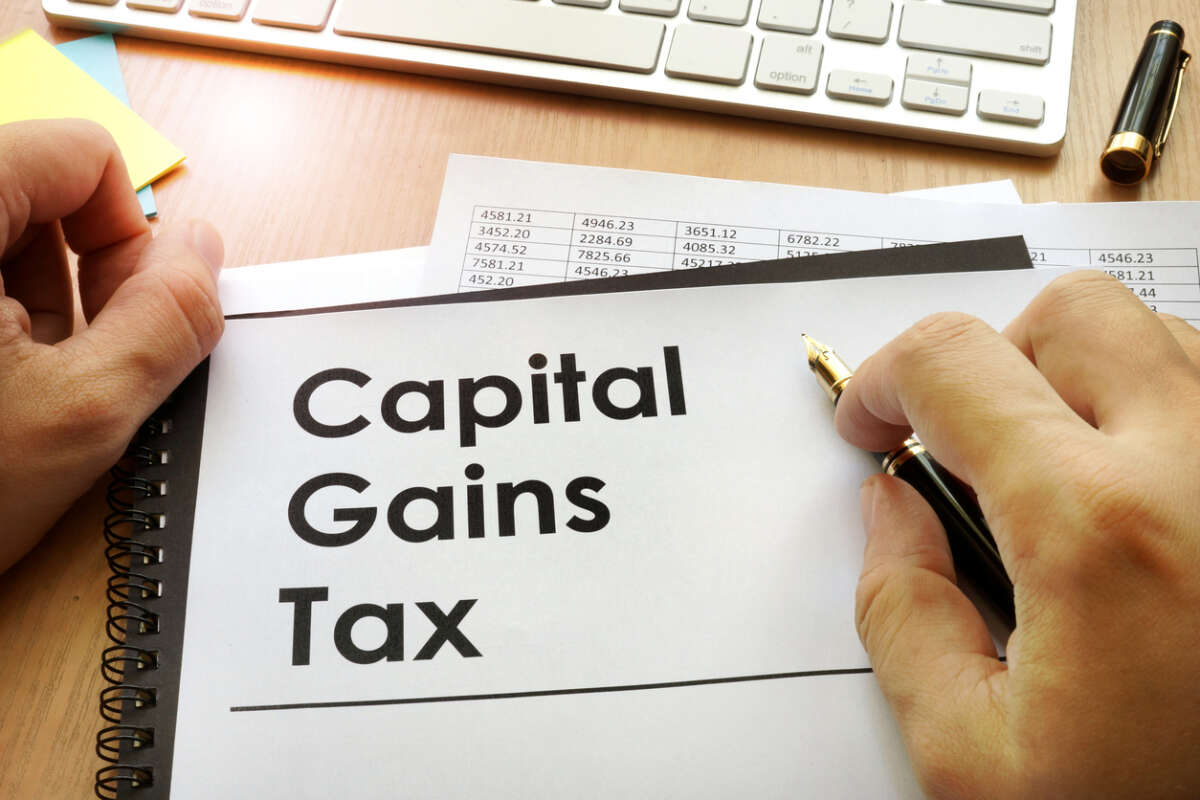A Guide to Taxes and Capital Gains on a Rental Property

Whether you’re an experienced landlord or a first-time rental property owner, it’s essential to gain a good understanding of real estate taxes. The way you calculate and navigate around tax liabilities will have a measurable impact on your ability to turn a profit, meaning no matter your long-term plans, smart tax management will be central to maintaining financial stability.
There are a few unique taxes that rental property owners should be aware of, as well as a number of rules and regulations that must be adhered to. To help landlords best understand their specific tax obligations, and perhaps even reduce existing liabilities, below is a helpful guide to taxes and capital gains on rental property for landlords operating throughout the US.
What Taxes Are Paid on Rental Properties?
Rental properties are subject to many of the same tax liabilities as private residential homes, though there are also some additional taxes unique to landlords. The main two to be aware of are taxes related to the income you receive from your rental property, and the taxes levied against your rental property when you eventually decide to sell your house to another party.
Specific real estate taxes that all rental property owners should be aware of include:
Rental Income Tax: Rental income is taxed similarly to any other source of income, with the amount you pay dependent on your IRS tax bracket. The IRS defines rental income as “any payment you receive for the use or occupation of property”, including factors such as rent payments, security deposits, and lease cancellation payments.
Real Estate Transfer Tax: Real estate transfer taxes are levied by the government for the act of changing the ownership or title or a real estate asset. In the event that you sell your rental property, or transfer a property title to a new party, transfer taxes will be applied at a rate defined by officials in the state in which the asset is located.
Capital Gains Tax: Capital gains tax must be paid when a person sells an asset for a higher price than they paid for it. If the value of your rental property rises by any amount between the time you bought it and the date at which you choose to sell it, capital gains tax will be applied to the monetary value that makes up the differential.
What Are Capital Gains on Rental Properties?
Capital gains on rental properties account for the monetary value to which a property has appreciated during your period of ownership. Of all the taxes that apply to the ownership of rental properties, capital gains tax can be the most difficult to navigate, as the amount you’ll need to pay will be dependent on various factors including the health of the property market.
If capital gains are not accounted for, what seems like a good sale could end up costing you a sizable amount of money. Calculating capital gains during your period of ownership is also wise, as tracking this data could inform the way you run your wider rental property business.
Short-Term Capital Gains
There are 2 types of capital gains associated with rental properties. Short-term capital gains apply to properties that are sold for a profit less than 12 months after they were purchased. The tax rate for short-term capital gains is calculated in the same way as standard taxable income, ranging from 10%-37%, and rising as the asset-holder’s taxable income increases.
Long-Term Capital Gains
If a rental property remains in your possession for more than 12 months, a long-term capital gains tax rate will be applied to the asset’s eventual sale. This tax rate is usually lower than short-term tax rates, ranging from 0%-20% depending on the asset-holder’s taxable income.
How to Reduce Capital Gains Taxes on Rental Properties
Capital gains taxes can greatly impact the profitability of your rental property business if they are not accounted for, especially if you plan to sell some assets to reinvest in other aspects of your operations. With this in mind, here’s how to reduce capital gains tax rates on rentals.
Convert Rentals into Primary Residences
Properties sold as a primary residence are not liable for capital gains tax up to a value of $250,000 ($500,000 for married couples). A primary residence is classed as a home that you have owned for at least 5 years and lived in for at least 2 of those years. Converting a rental property into your primary residence prior to a sale will reduce your capital gains tax liability.
Offset Gains Through Tax Loss Harvesting
Tax loss harvesting allows you to offset capital gains against losses made elsewhere in your business. For example, if you buy a new property in the same year you sell an existing one and that asset makes a loss, the loss value can be deducted from your capital gains liability.
Defer Taxes With a 1031 Exchange
A 1031 exchange allows you to sell your rental property and buy a comparable new property while deferring any taxes associated with the exchange. You must buy a new property that’s used for the same purpose (renting) within 180 days of your sale for the tax deferral to apply.
Keep Hold of the Property for Longer
As mentioned previously, the simplest way to reduce your capital gains tax rate is to simply hold onto a property for more than 12 months before selling it. Depending on your taxable income at the time of the sale, this can reduce your capital gains tax rate by up to 15%-20%.
Conclusion
Understanding real estate and capital gains taxes can help you build a more profitable rental property business, so it’s worth exploring the advice covered above. Check out some of our other articles for more guidance, advice and real estate investment tips.
Additional Find Rentals Articles
A Culinary Symphony
March -
Pawleys Island South Carolina
Southwest Florida Wine & Food Fest
January -
South Gulf Coast Florida
Lantern Tour
October -
Colorado










